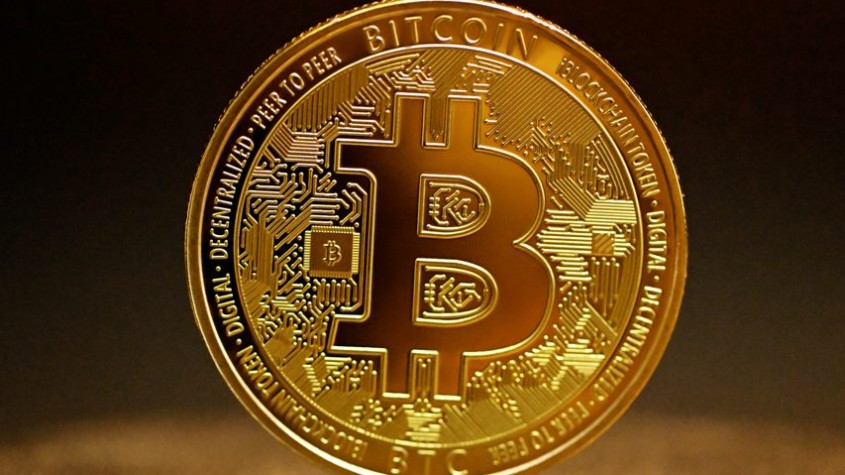Bitcoin Wallet Review: Coinbase

For my first foray into purchasing Bitcoin I decided to go with Coinbase. Coinbase is a Bitcoin wallet that also provides Bitcoin trading services and APIs for developers related to Bitcoin.
I chose Coinbase for primarily one reason – because it seems to be the most reliable based on the firms that back it. The two firms that caught my eye were the venture capital firm Andreessen Horowitz and the seed accelerator Y Combinator. These two firms are well-known and well-respected in Silicon Valley, having had top Silicon Valley tech firms pass through their doors (Facebook, Box, Airbnb, etc). I’ve heard about these firms before I heard about Bitcoin and when I knew that they were involved with Coinbase, I automatically put Coinbase above the many other Bitcoin and cryptocurrency wallets that exist. There are competitors which I find very interesting of course (notably Xapo – I will very likely try it out later), but Coinbase seems to be the most secure. I obviously am using a heuristic in deciding what Bitcoin wallet is most secure – unable to see what is happening behind the scenes and unable to fully understand all of the complex technology behind cryptocurrency, I must use some proxy or some heuristic in order to make my decision, and here I use perceived reputation or perceived reliability based on affiliation with other strong organizations.
Coinbase is not the cheapest Bitcoin wallet. Coinbase charges 1% to purchase Bitcoin but it is free to receive Bitcoin as long as you don’t convert into USD. I am aware that 1% isn’t cheap compared to other ways to purchase the cryptocurrency, but when it comes to such a new technology, security and reliability is primary for me. For that 1%, however, you get a trusted firm through which you can purchase your Bitcoin. The more tech-savvy individuals among you might choose a more do-it-yourself option, but I don’t have either the time nor the inclination ( (nor risk-tolerance) to choose that route. Those who do might be more well-served by doing it themselves, where they can save money on the fee, but more importantly have a chance at learning some interesting things about Bitcoin that one cannot learn by simply using a very user-friendly Bitcoin wallet such as Coinbase.
I have been impressed with the front-end security of Coinbase. To sign up you are required to upload a photo ID. This is antithetical to many of the reasons why people have been drawn to cryptocurrency and Bitcoin (privacy in making purchases online), but I am not so much concerned with privacy as I am with security and reliability. I primarily purchase Bitcoin as a form of speculations, not as a means of transacting. Therefore, the photo ID requirement didn’t deter me at all. Additionally, logging in to Coinbase requires two-factor authentication and it requires a third factor (email verification) when logging in from a new device or a new computer. This is impressive. I have only use the iOS app and it has a passcode and is compatible with Touch ID. I didn’t like that the passcode can only be 4 digits. Most banks have eliminated 4-digit passcodes for their lack of security (10 x 10 x 10 x 10 – 10 thousand possible combinations make it relatively easy to hack into). Since the app is always logged into your account (meaning your entire Coinbase account lies behind that 4-digit pin) and given the prevalence of Touch ID, I think a more secure passcode option might be a better idea (6-digits +).
Overall, I think Coinbase is an elegant, secure, and easy-to-use way to purchase Bitcoin for the average user. It might not please those that are very tech-savy and willing to take on a more hands-on approach with purchasing and securely storing Bitcoin.
Note: I have not yet used the Coinbase Vault. I have only use the Coinbase Wallet. When I do use the Vault, a more secure and long-term Bitcoin storage method, I’ll update this article.















